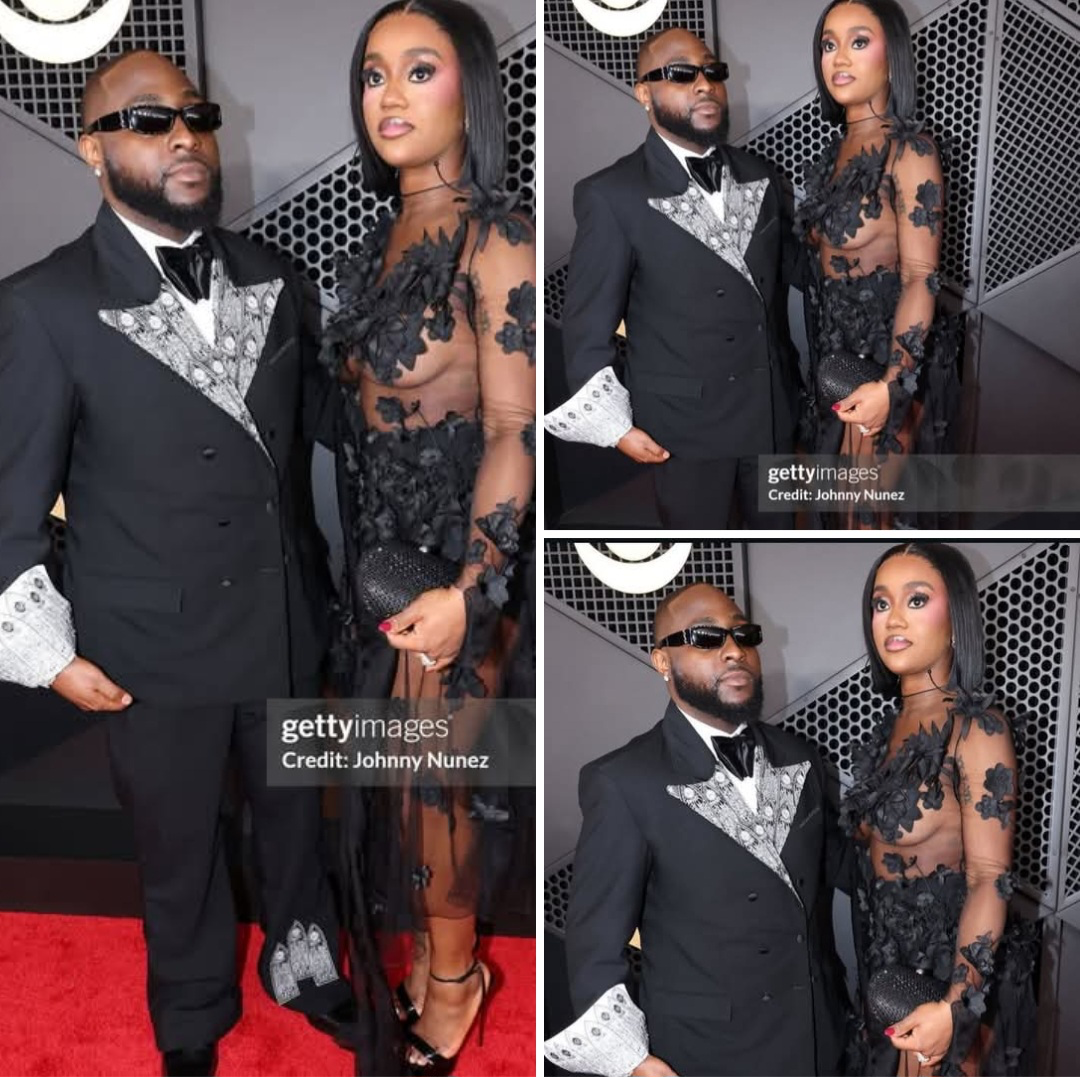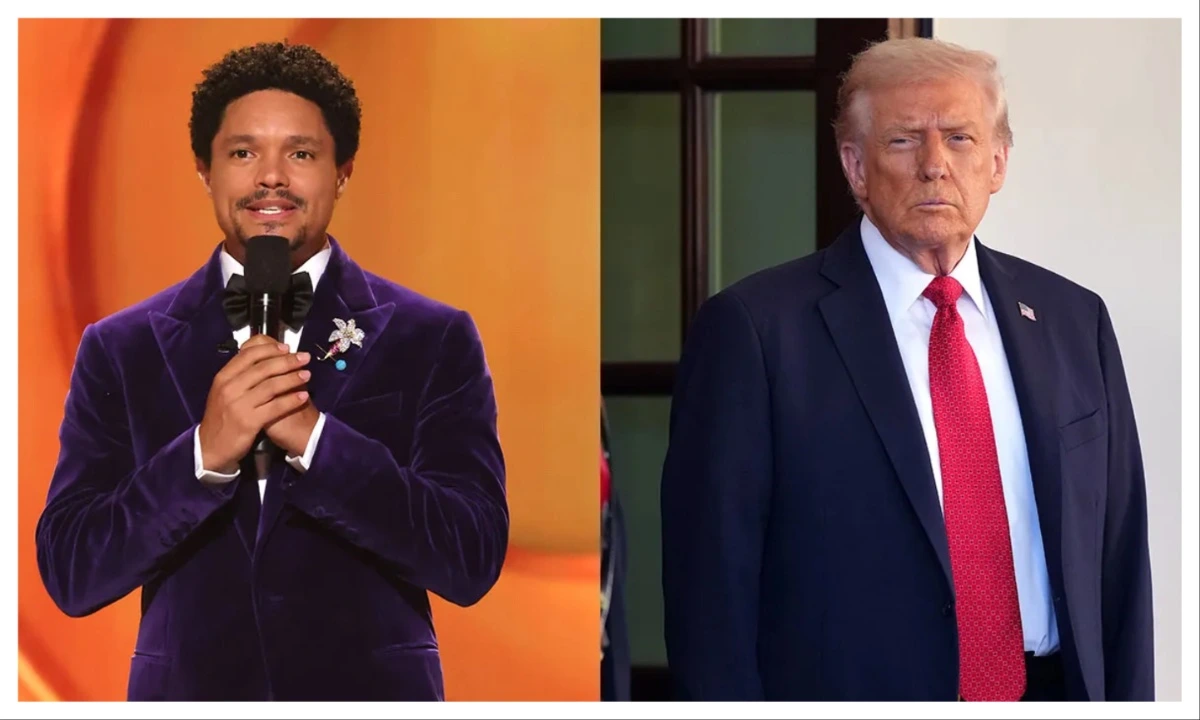Woodhall, Polaris Bank, UK and Lagos Governments Launch ₦1.5bn Creative Sector Fund

By Kamal Yalwa: LAGOS – July 15, 2025
Nigeria’s creative industry received a major boost as Woodhall Capital, in partnership with Polaris Bank, the UK Government, and the Lagos State Government, unveiled a ₦1.5 billion Creative Sector Fund to expand access to structured financing for entrepreneurs across fashion, film, music, and digital content.

The fund was announced during the launch of the Creative Currency Podcast, an initiative designed to foster collaboration between creatives, financiers, policymakers, and global stakeholders. The platform will also serve as a policy engagement forum addressing long-standing challenges such as limited financing, weak intellectual property enforcement, and lack of scalable business structures.
Speaking at the launch hosted at the Ikoyi residence of the British Deputy High Commissioner, Abimbola Ozomah, Executive Director at Polaris Bank, said the fund marks a deliberate shift in recognizing intellectual property as a bankable asset.
“This fund represents more than capital; it reflects our belief in Nigerian creativity as a global force,” Ozomah said. “We’re not just exporting talent. We’re exporting ownership, structure, and long-term value.”
Mojisola Hunponu-Wusu, Founder and CEO of Woodhall Capital, emphasized the need for bespoke financial products and investor-matching services tailored for creative MSMEs.
The UK Government, represented by Deputy High Commissioner Jonny Baxter, reaffirmed its commitment to Nigeria’s creative economy, citing the UK-Nigeria Creative Industries Partnership signed in 2024 as a milestone for trade and investment.
Representing the Lagos State Government, Mrs. Folashade Ambrose-Medebem, Commissioner for Commerce, Cooperatives, Trade and Investment, highlighted ongoing policy reforms, infrastructure support, and the Lagos Creative Fund, which offers zero-interest loans of up to ₦10 million to creative businesses.
Panelists at the event urged creatives to formalize operations, protect intellectual property, and maintain transparent financial records, while financial institutions were encouraged to rethink risk models to accommodate the unique dynamics of creative enterprises.
The Creative Currency Podcast aims to build a knowledge-sharing ecosystem for creators, investors, legal experts, and cultural stakeholders, promoting professionalism, transparency, and global competitiveness in Nigeria’s creative sector.
The event closed with a unified call to “invest in systems, not just stories”, stressing that a structured, well-capitalized creative economy can drive job creation, exports, and global influence for Nigeria.
Polaris Bank reiterated its commitment to supporting MSMEs, noting its extensive portfolio dedicated to growing small businesses and fostering economic inclusion across the country.




